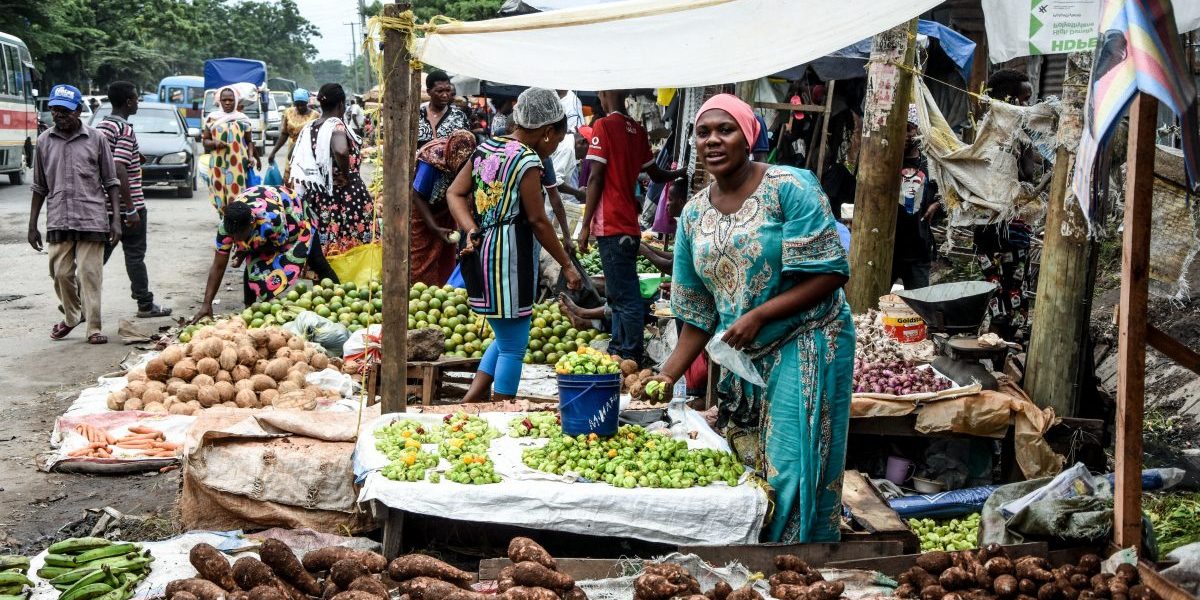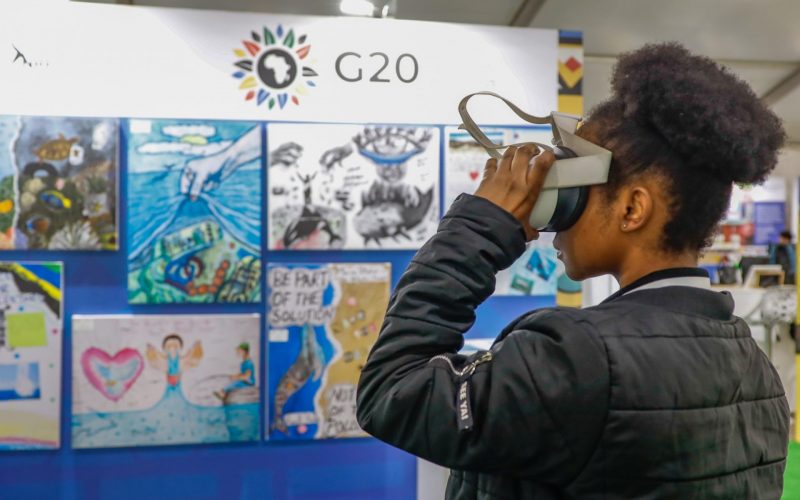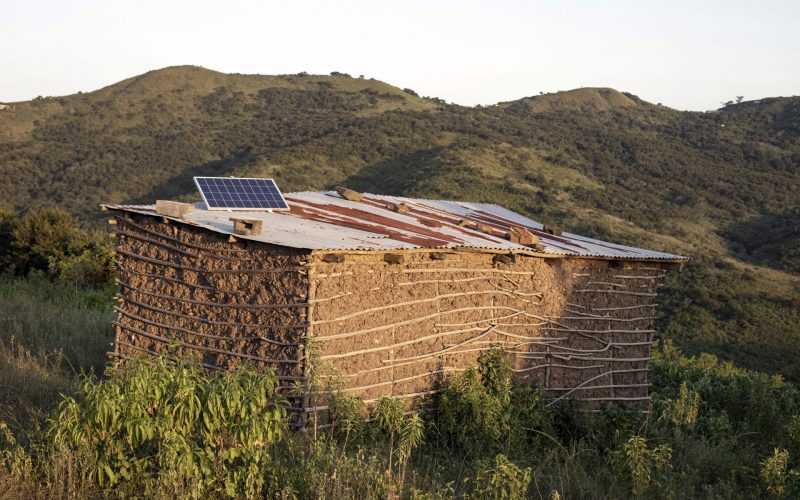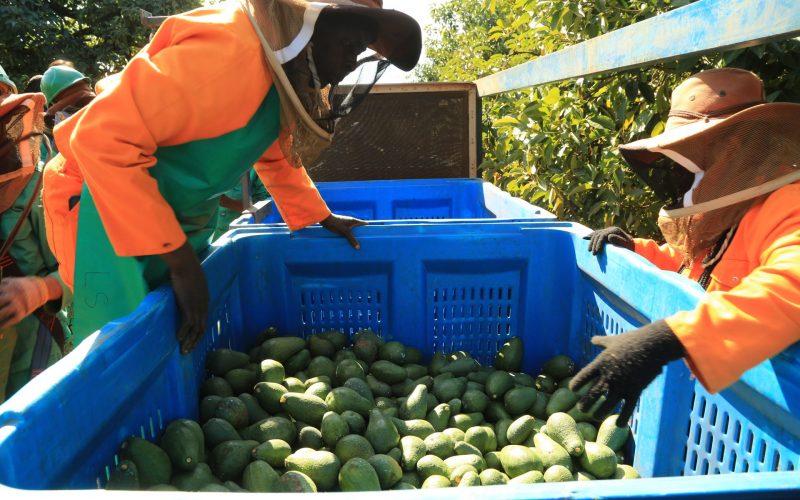Summary:
- In Tanzania, climate change has generally been tackled as a crosscutting issue in macro and sector policies, but the emergence of COVID-19 has created opportunities for a more mainstreamed approach.
- The development of the national COVID-19 socio-economic response and recovery plan has made it possible to strengthen climate change efforts by exploring and exploiting complementary investments in healthy, inclusive and resilient green growth.
- Several barriers remain in the way of fully incorporating climate change in the recovery process, including financial constraints and capacity gaps in emissions tracking.
- To promote recovery and growth that help with the attainment of Tanzania’s NDC, the government must explore innovative climate financing, improve incentives for private sector participation in climate projects, leverage complementarities of post-COVID recovery and NDC investments, and maximise the use of monitoring verification and reporting feedback in informing health policies and climate change actions. MRV refers to the multi-step process to measure and report on the effectiveness of interventions to inform policy and practice.







